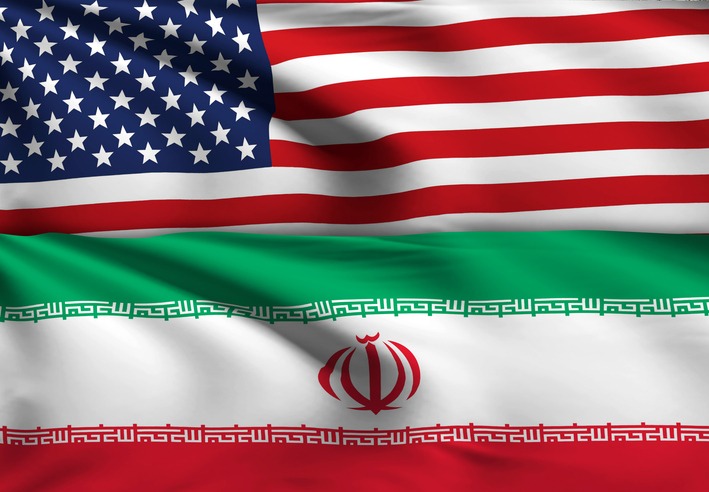Iran’s Foreign Ministry spokesperson, Esmaeil Baghaei, announced on Tuesday that expert-level technical talks with U.S. counterparts, initially set for Wednesday in Oman, have been postponed to Saturday.
“Following Oman’s suggestion and with mutual agreement between the Iranian and U.S. delegations, the expert-level meeting—originally planned for Wednesday as part of the ongoing indirect negotiations—will now take place on Saturday,” Baghaei told reporters, according to a ministry statement.
The upcoming talks mark the third round of indirect negotiations between Tehran and Washington, focused on Iran’s nuclear program and the lifting of U.S. sanctions. The first round was held in Muscat on April 12, followed by a second session in Rome on April 19, with Oman acting as mediator.
After the Rome discussions, Iran’s Foreign Ministry indicated that technical negotiations at the expert level would be crucial in outlining the framework of a potential agreement. Saturday’s meeting is expected to review the outcome of those expert consultations.
Earlier on Tuesday, Iranian Foreign Minister Seyed Abbas Araghchi cautioned via social media that unnamed special interest groups were attempting to derail the talks by maligning negotiators and pressuring the U.S. administration into adopting a hardline stance. He dismissed claims that any forthcoming agreement would simply replicate the 2015 Joint Comprehensive Plan of Action (JCPOA), stating, “Many in Iran believe the JCPOA no longer serves our interests. What’s needed is a new agreement that both protects Iran’s rights and addresses the concerns of all parties.”
On the same day, Araghchi also held a phone call with Rafael Grossi, Director General of the International Atomic Energy Agency (IAEA), during which he reaffirmed Iran’s commitment to a diplomatic resolution and updated Grossi on the progress of the indirect talks. Grossi commended Iran’s “responsible approach” and reiterated the IAEA’s readiness to support the diplomatic process within the scope of its mandate.
The JCPOA, signed in 2015 by Iran and six world powers—including the United States—aimed to curb Iran’s nuclear activities in return for sanctions relief. However, the U.S. withdrew from the accord in 2018 under President Donald Trump and reinstated sanctions, prompting Iran to gradually scale back its commitments. Attempts to revive the deal have so far seen limited progress.
(With IANS inputs)




















